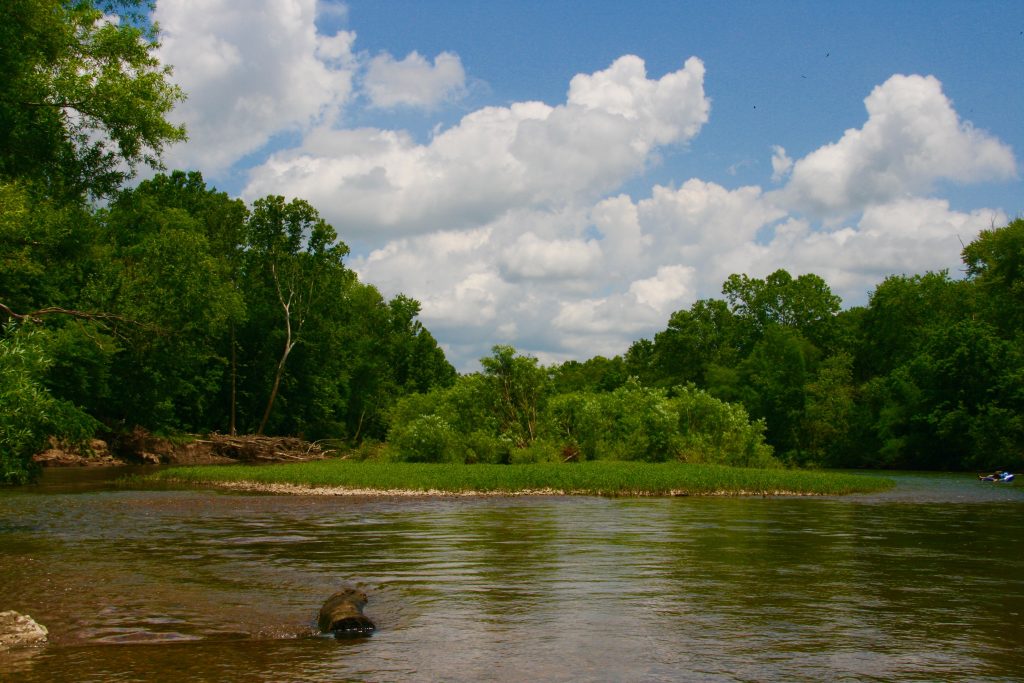
(First in a series of posts about being the kind of servant-leaders the world needs.)
Generally speaking, Sue and I enjoy sleeping through a good thunderstorm, but last night Mother Nature put on a display of thunder, lightning, driving wind and incessant downpour that made us jump out of bed a few times just to make sure the world hadn’t come to an end and our house wasn’t floating away.
Luckily, the morning brought some cool and calm, and we spent a good chunk of the morning on the back porch watching the gold and house finches, chickadees and hummingbirds visit our feeders out in their storm-soaked world. They seem no worse for the wear. The squirrels go on as ever, and that’s a story for another time. Someday soon, I intend to write an insightful essay about how to love the pesky “squirrels” in our lives. But as they just recently destroyed another birdfeeder, that time is not yet.
As always, there seems to be a lesson to be learned from the two great works of “scripture” in our lives — nature and the written word of God. Today, both are speaking to me of resilience and of the necessity of finding pieces and places of quiet and solitude in order to be effective leaders — at home, at work, in our churches and other organizations.
Today’s readings (for the 19th Sunday in Ordinary Time, for those of you who follow the liturgical cycle) give us two stories that resonate with the storm that was thrown at us last night. With last night’s tempest still lingering in the air and in my memory, we get stories from both the Old and New Testaments about finding God in the storm. The lessons are clear, especially for leaders who frequently find themselves trying to navigate themselves and others through the most recent cloudburst. (I almost wrote “unexpected cloudburst” but that would be poor leadership indeed, huh? For the storms, however far apart, will always return.)
In the first reading (1 Kings 19:9-13), we are reminded that sometimes being a leader requires us to channel our inner Elijah, standing at the mouth of a cave (at the front of our organizations?) amid strong winds, crushing rocks and consuming fire and still having the faith and the wherewithal to seek the quiet whisper of God’s voice that says, “Here I am, never mind the storm.” If we’re going to lead others effectively through rough times, we need to put ourselves in the right place to hear that voice. That “place” is a regular return to prayer — to quiet, to solitude, to “silence,” even when the world and those in it seem intent on screaming in our general direction.
In today’s gospel reading from Matthew 14, we read the well-known story of Jesus walking on the water to comfort his friends, stranded as they are in a storm-rocked boat in the Sea of Galilee. Jesus, compassionate leader and teacher that he is, leaves his needed place of quiet and solitude and prayer (see above!) and sets out to help his friends, walking on the waves to prove his point and get their attention. For the floundering, fearful, faltering followers (and future leaders) in the boat (that’s us, too) the lesson is obvious: When we’re getting hit hardest, when we are most confused about what to do, we need to look beyond our abilities to navigate a storm by ourselves. We need to watch for Jesus walking and working in the most unlikely of places — perhaps where we seem least likely to find him even though we ought to know better by now. Like Peter, we need just enough faith to step out of the boat and into the storm instead of cowering in the bow and waiting for it all to pass.
We seek God in quiet. We are nourished and calmed by that presence. But we also must be prepared to wade into the depths and find a hand waiting for us. Alone, it can all seem too much to bear. With that hand in ours, it’s still not a walk in the park on a sunny day. Storms always return. But that hand is enough. We never lead alone.



